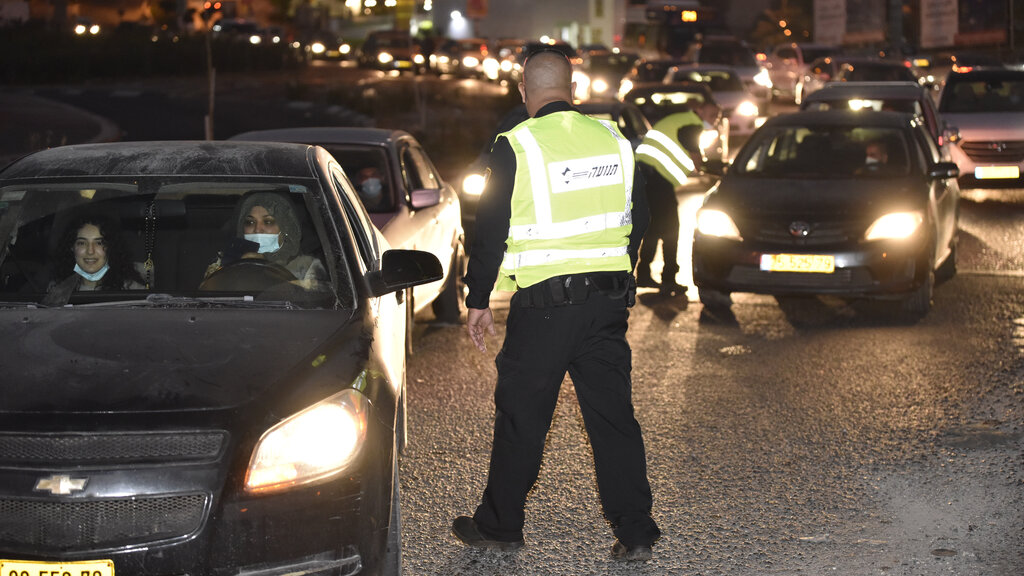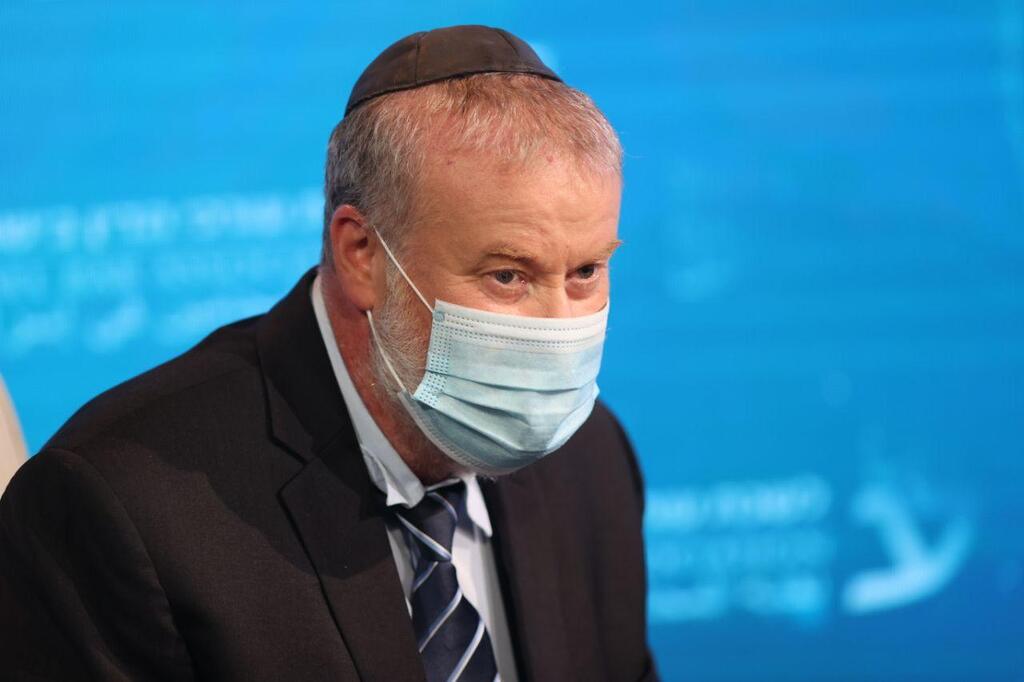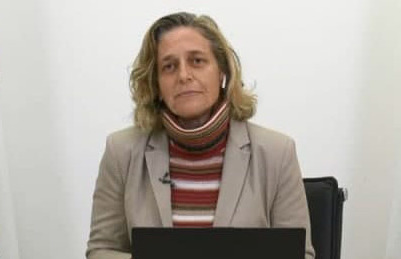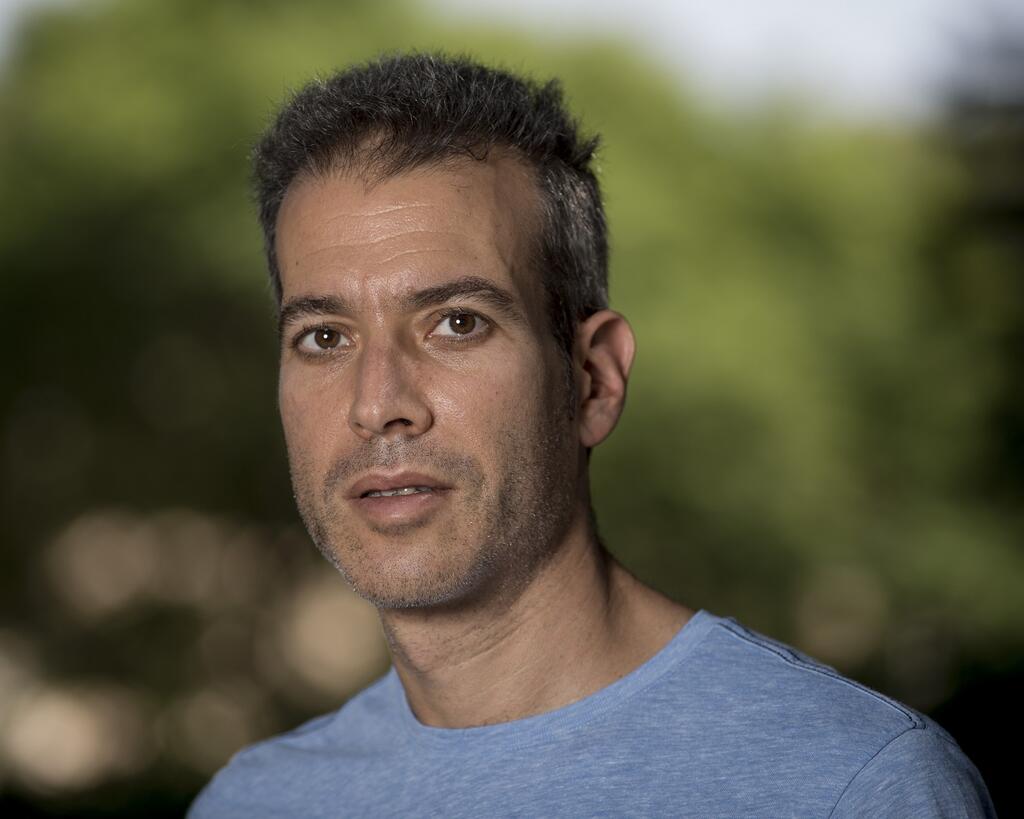The government on Tuesday afternoon delayed a meeting set to begin at 7:30pm to discuss the nighttime curfew due to start Wednesday, fearing legal hurdles could challenge its implementation.
The meeting will instead take place on Wednesday, and officials were exploring alternative ways of restricting social gatherings during the Hanukkah and Christmas season. The eight-day festival of Hanukkah begins Thursday.
4 View gallery


A police checkpoint in Umm al-Fahm during the High Holidays closure
(Photo: Sharon Tzur)
The curfew, which was approved by the government's coronavirus cabinet on Monday and is expected to run until January 2, was set to include restrictions on traffic and individual movement. There has yet to be a decision on at what time the curfew will begin and end each day.
Attorney General Avichai Mandelblit has noted it might be difficult to defend the curfew in the High Court, due to the position of the Health Ministry that it would be minimally effective in stemming the recent surge in coronavirus cases.
Mandelblit's concern is based, among other things, on the remarks of the head of public health Dr. Sharon Elrai-Price and coronavirus czar Prof. Nachman Ash, who have both expressed reservations about the effectiveness of the nightly curfew.
"The numbers are not currently catastrophic, so tightening restrictions can only bring us down to 1,000 patients a day," according to Elrai-Price.
Prof. Eran Segal of the Weizmann Institute of Science, who advises the government on the virus, also believes the nighttime curfew will do little to help reduce morbidity.
“In the best case scenario, [the curfew] will reduce the R number by 0.05. It will primarily erode the public trust that has already been damaged. According to phone triangulation, less than 10% of all contacts happen at night,” Segal said.
“Instead of a nightly curfew, we must crack down on the social contact, illicit weddings and Hanukkah events that will be shifted from the nighttime to earlier in the day and the people who do not abide by the guidelines and who we have been unable to monitor for a long while," he said.
"The decision-makers also know [the curfew] will not work, they have been told as such. I have not seen a single analysis that claims a nighttime curfew will be highly effective.”
One anticipated issue is the fact that the restrictions effectively abolish the previously approved outline to allow vacationers with a negative coronavirus test to enter the resort city of Eilat and Ein Bokek, home to a cluster of Dead Sea hotels.
Acting Israel Police Commissioner Motti Cohen also warned the ministers that the police would not be able to fully enforce a nighttime curfew due to lack of manpower.
"If I look at the effectiveness of a nighttime closure versus the expected result, my recommendation is not to impose such a closure," Cohen said.
First published: 15:57, 12.08.20




